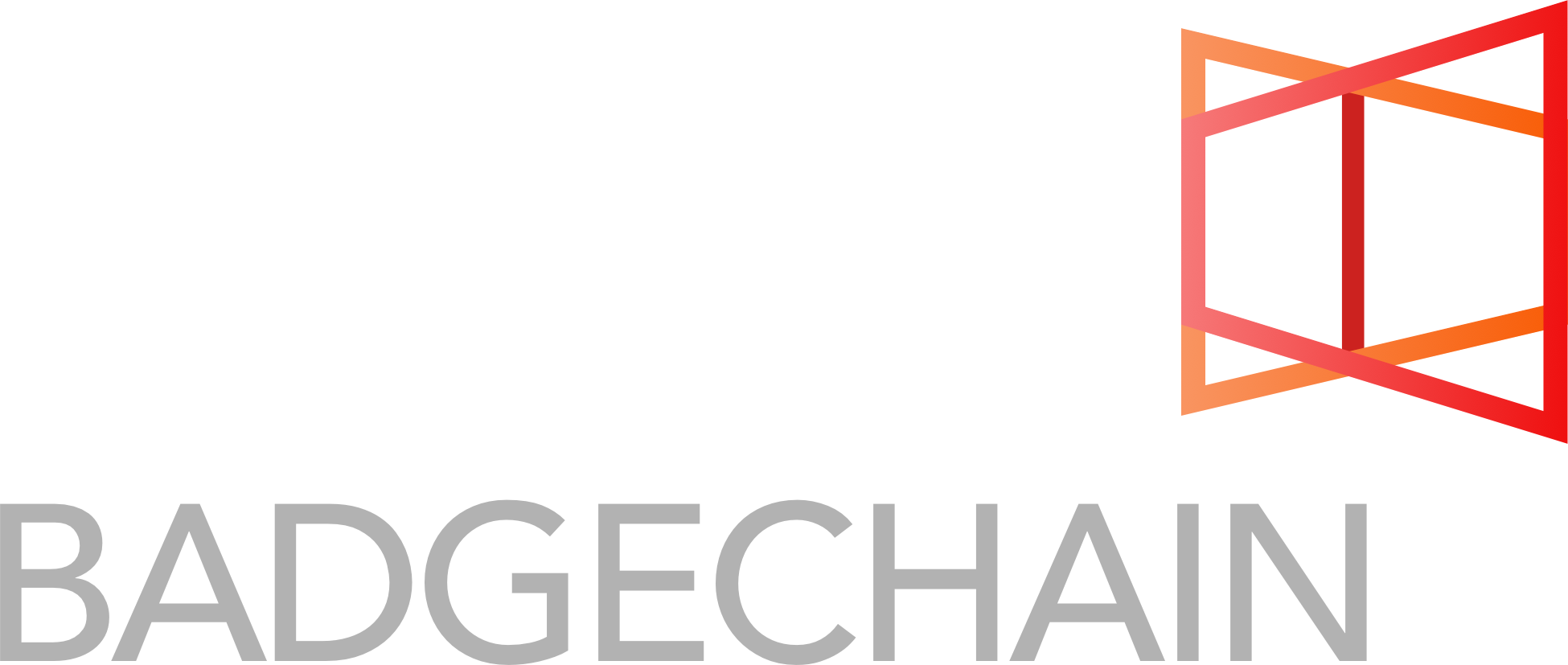April 6th, 2017 | Carla CasilliHealth information sits at the precarious intersection of confidential information (including diagnoses and treatment), personal privacy issues, and regulatory compliance. Ever since the 1996 Healthcare Insurance Portability and Accountability Act (HIPAA), our Protected Health Information (PHI) has felt—to a degree—safe from prying eyes. Nonetheless, nearly everything about health records is complicated, including their privacy implications and laws and regulations governing their access and use.
Indeed, two specific federal rules apply to their security and privacy: 1) the HIPAA Security Rule and 2) the HIPAA Privacy Rule. The Privacy Rule applies to general health information (PHI) and the Security Rule applies to electronic Protected Health Information (ePHI). ePHI is both a potential bevy of medically useful big data and also an electronic security danger zone.
Here’s where blockchain technologies, and perhaps more specifically, distributed ledgers, can play securing and structuring roles. Securing in that information can be kept private through personal keys, and structuring in that information can be segmented and categorized. Current explorations of these new technologies focus on the patient: their ownership and agency, in order to increase their ability to make informed decisions about their health records. Along the same lines, consideration is also being given to healthcare provider audiences, e.g., primary care physicians and emergency responders. Their access to patient-approved information contained on continuously updated distributed ledgers may improve patient outcomes since they would provide more complete, up-to-date snapshots of current treatments and prescriptions.
Blockchain and related technologies provide no magic cure, however. As along with these new technological developments and future deployments comes a massive need for informational campaigns to educate vastly different audiences of a variety of complicated options. That said, healthcare record keeping is ripe for this type of innovation.
~ ~ ~
Here are the articles that inspired this newsletter. We recommend them to you as interesting data points in your consideration of blockchain technologies and healthcare.
March 23rd, 2017 | Carla Casilli and Kerri LemoieDo you trust Google, Snap, Facebook, and Instagram? If you store your data, pictures, ideas, etc. with them, you might want to consider this question seriously. Right now any of them disappearing seems impossible—there are server redundancies upon server redundancies that are designed to protect your content, but have you ever perused any of their Terms of Service? Here’s a representative sampling from Twitter’s ToS: “you grant us a worldwide, non-exclusive, royalty-free license (with the right to sublicense) to use, copy, reproduce, process, adapt, modify, publish, transmit, display and distribute such Content in any and all media or distribution methods (now known or later developed).”
It’s the “If you’re not paying for the product, you are the product” adage with real world consequences. But images of cute pets and silly face lenses are not the only things that people are storing online or on their phones: it’s healthcare records and credit card numbers, bank accounts and personal messages. Serious stuff.
Because the current state of Software as a Service (SaaS) limits the capacity to operate outside of this controlled environment, decentralization offers a potentially vital paradigm shift in how we will store—and own and control—our personal content. In the decentralized world beginning to explode, we’ll own and share content as we see fit.
Imagine a new social application that might replace Facebook, one that employs the InterPlanetary Database (IPDB) as its database, the InterPlanetary File System (IPFS) as file storage, and Ethereum for calculations. With new technology stacks based on tools such as these, your data, files, and logic could be permanently hosted across distributed nodes. The result? No middleman. This innovation will divide the trust landscape into two entities: whoever you’d like to have access to your data and you. And if you can’t trust yourself, who can you trust?
~ ~ ~
Here are the two articles that inspired this newsletter. They provide technical insight into possible futures like the one imagined above. We recommend them to you as interesting data points in your consideration of blockchain technologies.
March 9th, 2017 | Carla Casilli and Kerri LemoieAside from the telephone, the web is perhaps the single most effective communication tool ever invented. It has an unsurpassed capacity to connect people and ideas, and much of the world now benefits from it as well as its resulting data. It often feels like a global public resource.
However, the recent U.S. presidential election and its ensuing administrative shift have challenged our understanding of ownership of governmental websites and the allegedly public data that resides on them. The new administration’s seemingly arbitrary alterations and outright mass deletions of content on some U.S. government websites have destabilized the still nascent open data movement. For much of the public, particularly, scientists, researchers, and educators, the specter of a state-controlled social media with extreme data limitations doesn’t feel out of the realm of possibility. In short, the appropriate use of governmental control of personal and public data is now in play.
Thoughtful use of technology can be an important means to an end in remedying global challenges, particularly political ones. Distributed and decentralized technologies can offer ways to disperse information on a global scale thereby lessening fears of deletion and alteration. Capricious governments, questionable officials, and bad actors can and will still occur, but the data stored in distributed networks is more robustly protected against those threats. Mesh networks with multiple points of origin and network redundancy can ensure that content is not lost or deleted without significant effort. The result: greater levels of access and trust.
~ ~ ~
Here are the two articles that inspired this newsletter. They provide technical insight into possible futures like the one imagined above. We recommend them to you as interesting data points in your consideration of blockchain technologies.

Follow Us